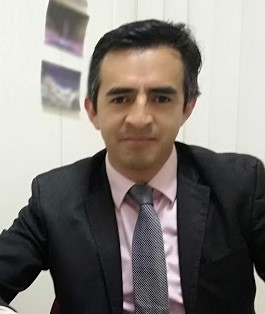The Inter-American Social Rights Jurisprudence. Trends and limits of the justiciability in times of political and environmental disruptions.
Dr Isaac de Paz González, University of Baja California, Mexico, discusses the limits of legal issues over which courts can exercise their authority in times of political and environmental upheavals.

The Indigenous rights litigation in the Inter-American arenas is raising two questions of global importance: the role of transnational corporations in systematic human rights violations and the preservation of indigenous territories vis-à-vis' extractive projects. So far, the Inter-American Court has not legally bind global corporations damaging the environment within indigenous territories. However, emerging trends of precautionary measures and judgments from domestic courts – based on Inter-American directives – are putting together constitutional-international provisions and the Inter-American jurisprudence to stop extractive projects and weakening TNC’s capacity for carrying on human rights violations. Isaac De Paz Gonzalez will be leading this Bonavero discussion group to speak on these issues arising as a result of Indigenous rights litigation.
Dr Isaac de Paz González teaches Human Rights Law and Constitutional Law in the Faculty of Law of the Autonomous University of Baja California. His research is focused on social rights and constitutional justice. His most recent book, “The Inter-American Social Rights jurisprudence” (Edward Elgar, 2018) is a complete piece of work of the progressive categories developed by the Inter-American Court in the field of labour and environment rights; children’s rights; education, health, nationality and access to justice. He is now co-leading the research group “Social and Alternative Justice” to look at the relationship of education and human rights in contexts of poverty.

